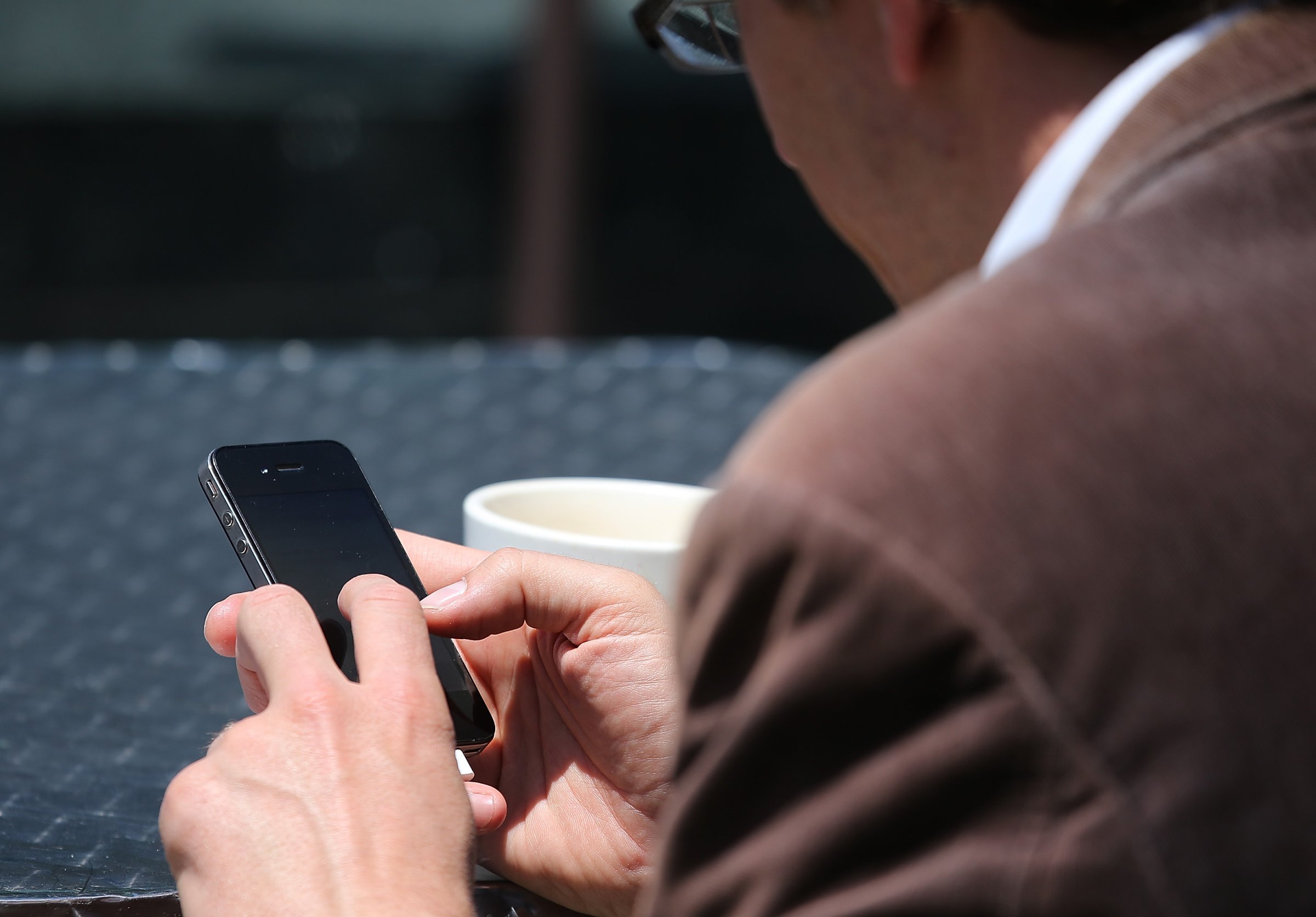
Orlando Bloom is not the only one whose wedding tackle is currently being shared somewhere in the digital world. A new study of almost 6000 single people finds that while most would prefer their erotic texts or photos remain private, almost a quarter of such communiques are shared.
According to the study, which was published in the journal Sexual Health online, almost three quarters of people who send their partners a sexy message of some type expect it to be seen by its intended recipient only. More than 60% of people believe that their reputation would be seriously damaged if the photos were ever shown to anyone else. Nevertheless, almost a quarter of people who got sexy photos said they had shared them with others—on average, more than three friends.
Read More: How textual chemistry is changing dating
The report uses data from the 2015 version of Singles in America, a survey of almost 6000 unmarried adults which is done every year by respected anthropologist Helen Fisher for Match.com. Of those surveyed, 21% said they had sexted someone, and 28% said they had received a raunchy digital message. On top of that, 16% of singles said they had sent racy photos and more than 23% reported receiving such images. (Let’s hope the excess of recipients is due to difference in the survey respondents and not one person sending explicit missives out widely.)
The analysis, “Sexting among singles in the USA: Prevalence of sending, receiving, and sharing sexual messages and images,” by Justin Garcia, a researcher at Indiana University’s Kinsey Institute, also found that most sexting happens between couples who are already in an established relationship. Not all, however; 34% of men and 22% of women sent a suggestive text or image for reasons other than flirting with a relationship partner.
While sending steamy words and photos back and forth can be a fun way for partners to keep in touch while they’re not together—or even while they are, if that’s their thing—the researchers warn that there is a pretty good chance these intimate communications will leak into the wider world.
Read More: Dating and the sense of smell
“For some, sexting may lead to positive outcomes such as increased partner intimacy and satisfaction,” said Garcia in a statement. “For others, it may lead to negative outcomes such as lowered self-esteem or damage to reputation.” Older people and women were more concerned than others about their images remaining private. Men are twice as likely to share the sexts as women.
“As sexting becomes more common and normative, we’re seeing a contemporary struggle as men and women attempt to reconcile digital eroticism with real-world consequences,” said Garcia.
Maybe that’s a good thought to linger on for a moment before you hit send.
More Must-Reads from TIME
- Donald Trump Is TIME's 2024 Person of the Year
- Why We Chose Trump as Person of the Year
- Is Intermittent Fasting Good or Bad for You?
- The 100 Must-Read Books of 2024
- The 20 Best Christmas TV Episodes
- Column: If Optimism Feels Ridiculous Now, Try Hope
- The Future of Climate Action Is Trade Policy
- Merle Bombardieri Is Helping People Make the Baby Decision
Contact us at letters@time.com